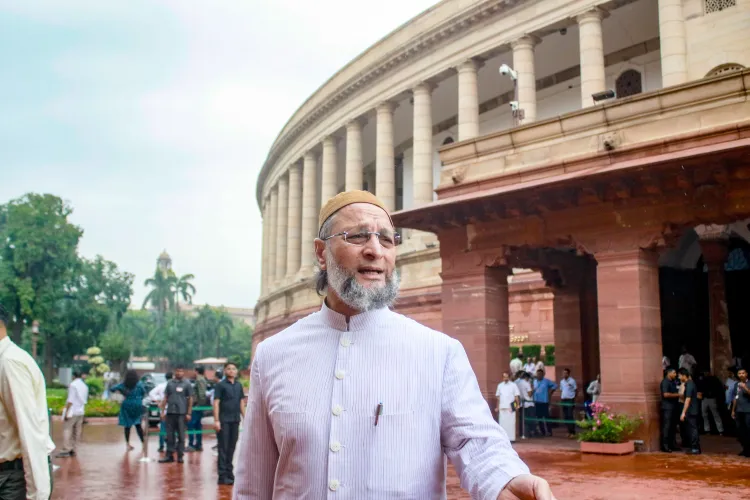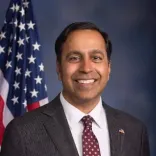Why is Owaisi Criticizing the Centre and Maharashtra Over the 2006 Mumbai Blasts Appeal?

Synopsis
Key Takeaways
- Owaisi highlights government accountability in terrorism cases.
- The Bombay High Court overturned previous convictions.
- Questions arise about selective appeals based on religion.
- Legal processes must ensure justice for all.
- The impact of wrongful imprisonment on lives is devastating.
New Delhi, July 24 (NationPress) AIMIM President Asaduddin Owaisi criticized the Central Government and the Maharashtra administration for their decision to appeal in the Supreme Court against the Bombay High Court ruling that acquitted all 12 individuals convicted in the 2006 Mumbai train blasts case.
The Hyderabad MP responded to the Supreme Court's decision to stay the Bombay High Court's ruling.
"The court has not provided any relief; it has paused that judgment and indicated that those who were freed from prison after 18 years, the accused, will not be re-arrested. I want to question the Central and Maharashtra governments, why pursue this appeal... when these individuals are not only legally innocent but entirely innocent," Owaisi stated to reporters outside Parliament.
He inquired if the Central Government and Maharashtra would file a similar appeal in the Malegaon blast case if those accused were acquitted.
Owaisi also questioned the rationale behind the government not appealing in the Mecca Masjid blast case.
“They won't appeal in the Ajmer blast case. While terrorism must be eliminated, if the government bases its appeals on the religion of the accused, then their fight against terrorism is undermined,” he remarked.
Nineteen years after the 2006 Mumbai train blasts resulted in 189 fatalities and over 800 injuries, the Bombay High Court acquitted all 12 convicted individuals on July 21. A trial court had previously convicted these individuals in 2015, sentencing five to death and the others to life imprisonment.
In overturning the trial court's decision, the high court bench led by Justice Anil Kilor and Justice Shyam Chandak stated that the prosecution had "utterly failed" to establish the case against the defendants.
In response to the High Court's ruling, Owaisi expressed that 12 men spent 18 years in jail for a crime they did not commit, wasting their prime years, while closure remains elusive for the 180 families who suffered losses and for those injured. "Will the government take action against the officers of the Maharashtra ATS who investigated this case?" he asked.
"Innocent individuals are imprisoned, and when they are finally released years later, there is often no opportunity for them to rebuild their lives. For the past 17 years, these accused have remained incarcerated. They have not stepped outside even for a day. Most of their prime years have been lost," Owaisi posted on X.










